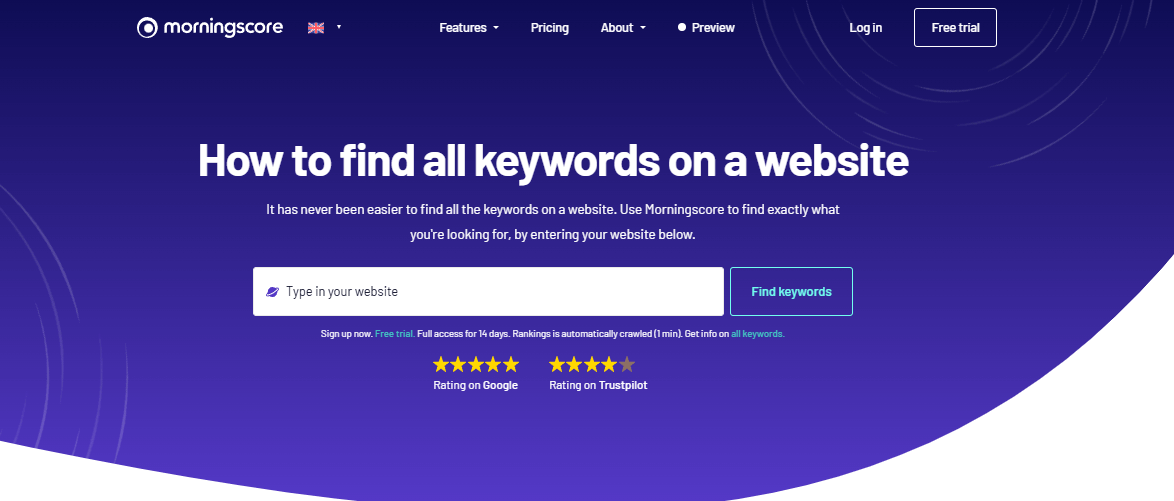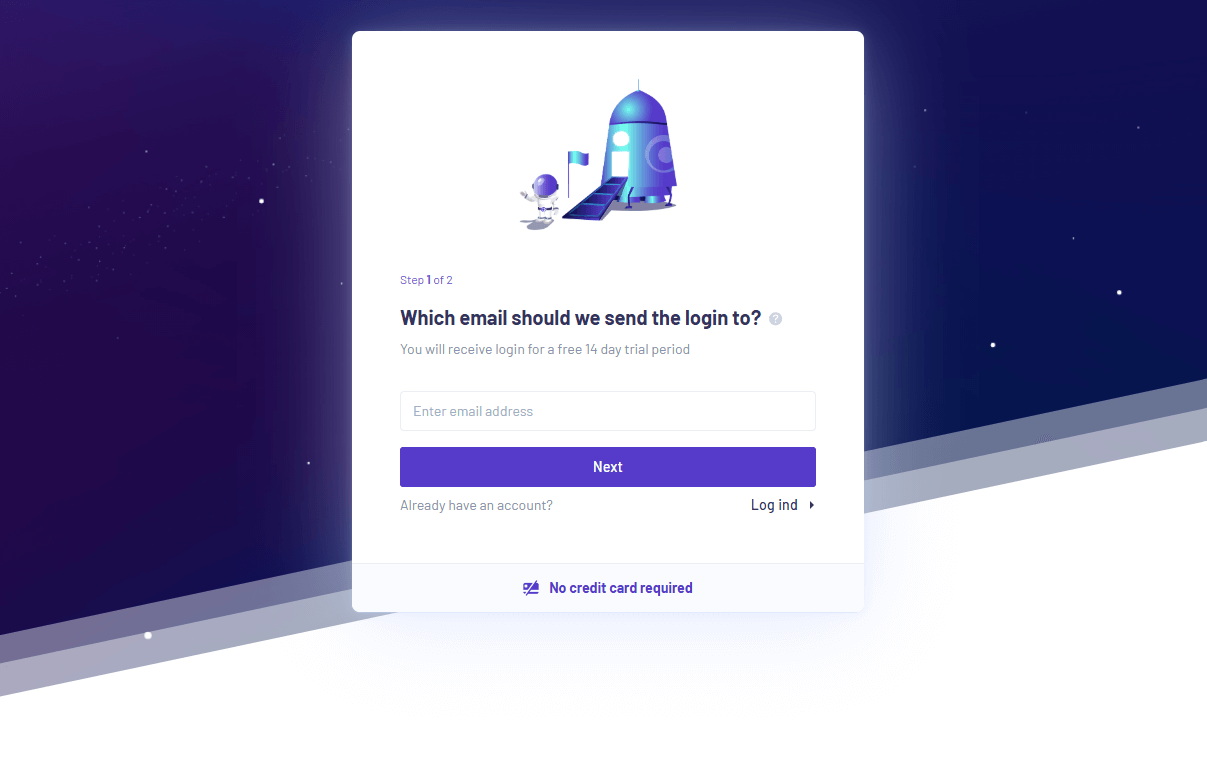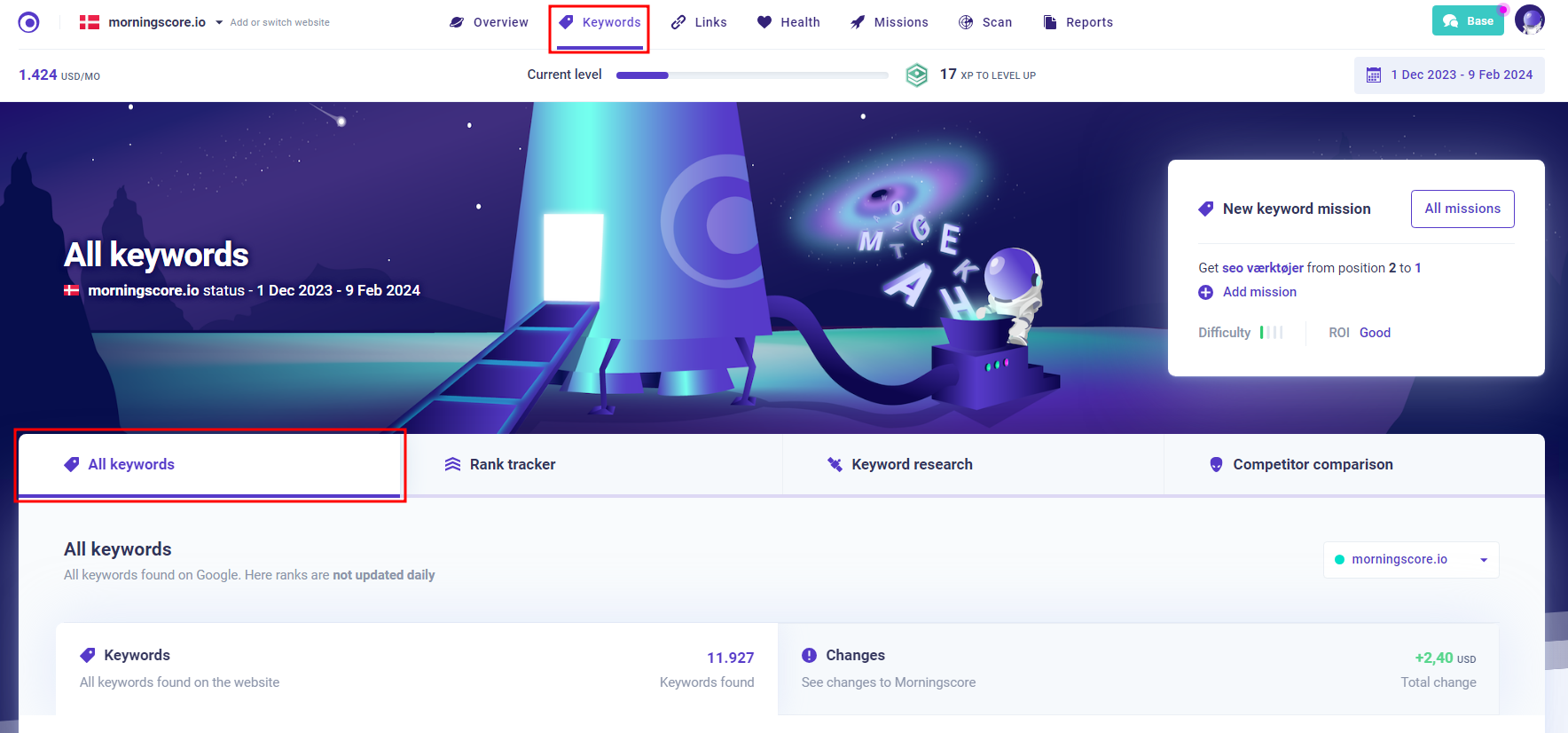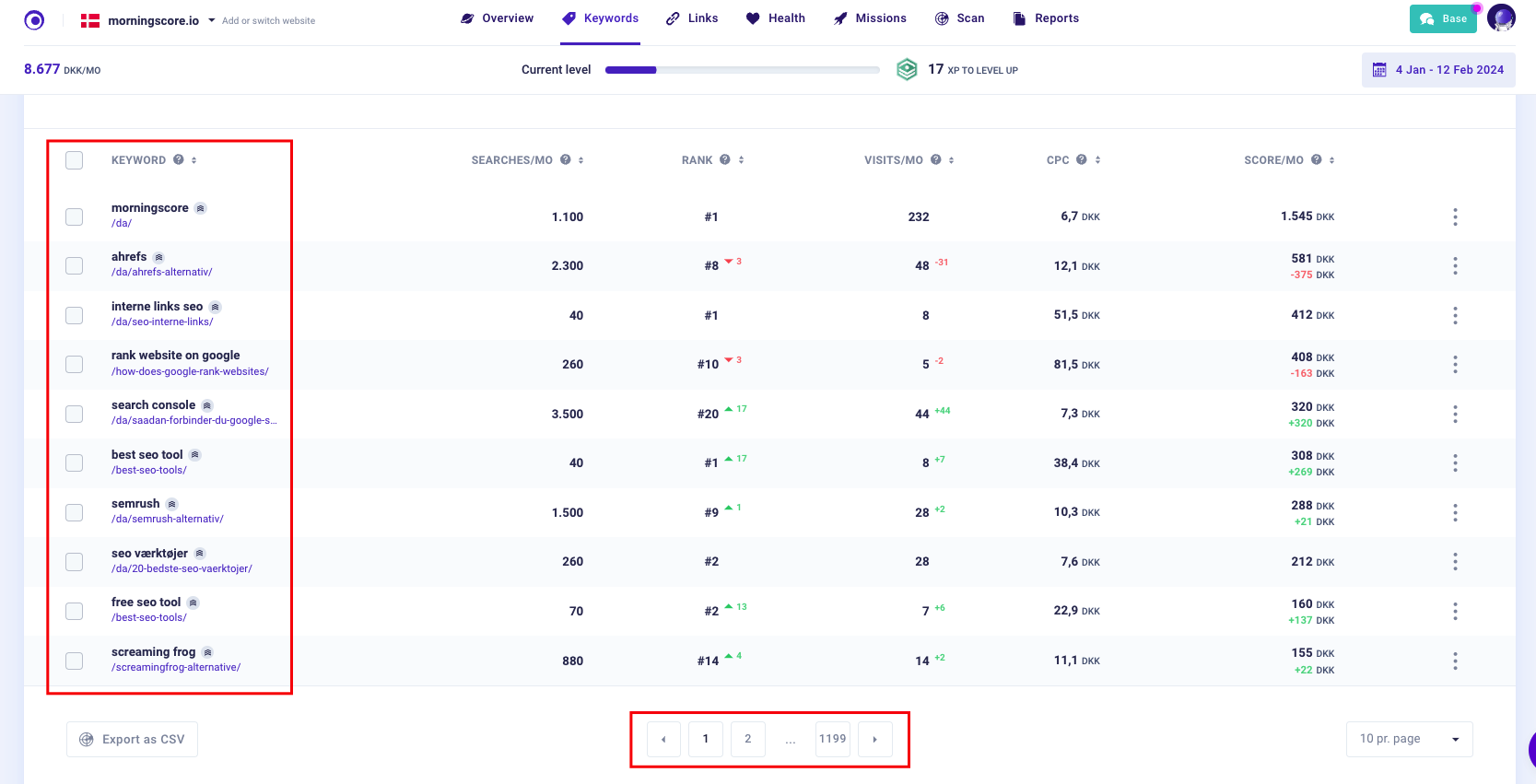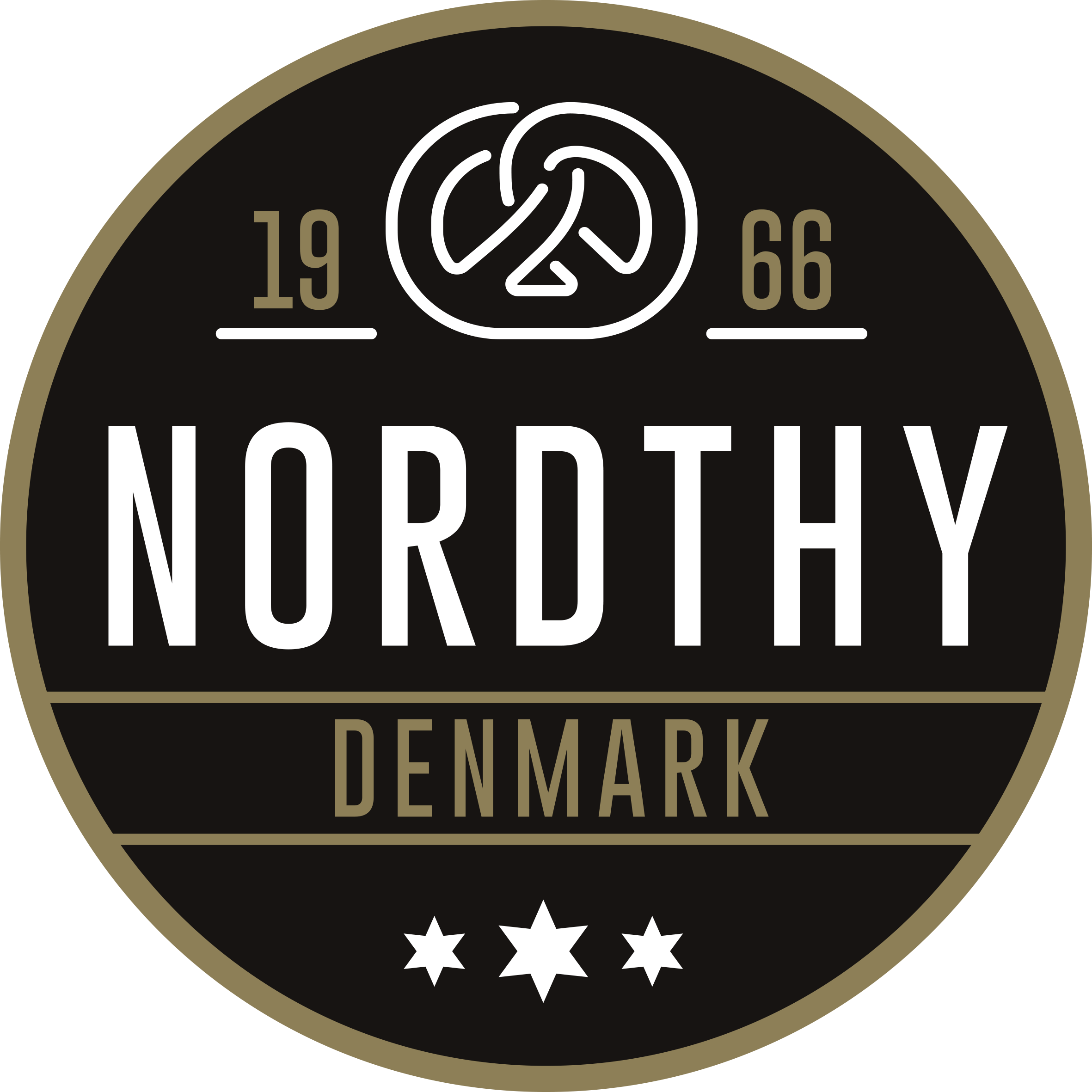Keywords are specific words or phrases that users search for in Google or other search engines when looking for information, products or services online. Keywords play an important role in helping search engines understand how relevant a given website's content is to the user's query.
Keywords are important as they give relevance to your page. As mentioned, the keywords help suggest to search engines what your specific pages are about. So when you use the keywords in the right way, it increases the chances of your website ranking higher when users search for those keywords.
In addition to the above, using keywords in not only your written content, but also in meta tags, headings and URLs significantly improves the chances of appearing on the search engine result pages (SERPs) for those specific searches.
